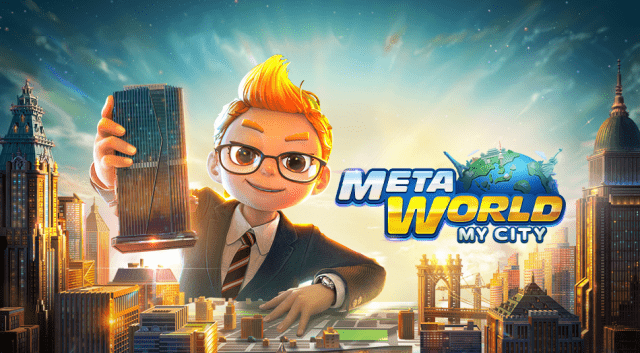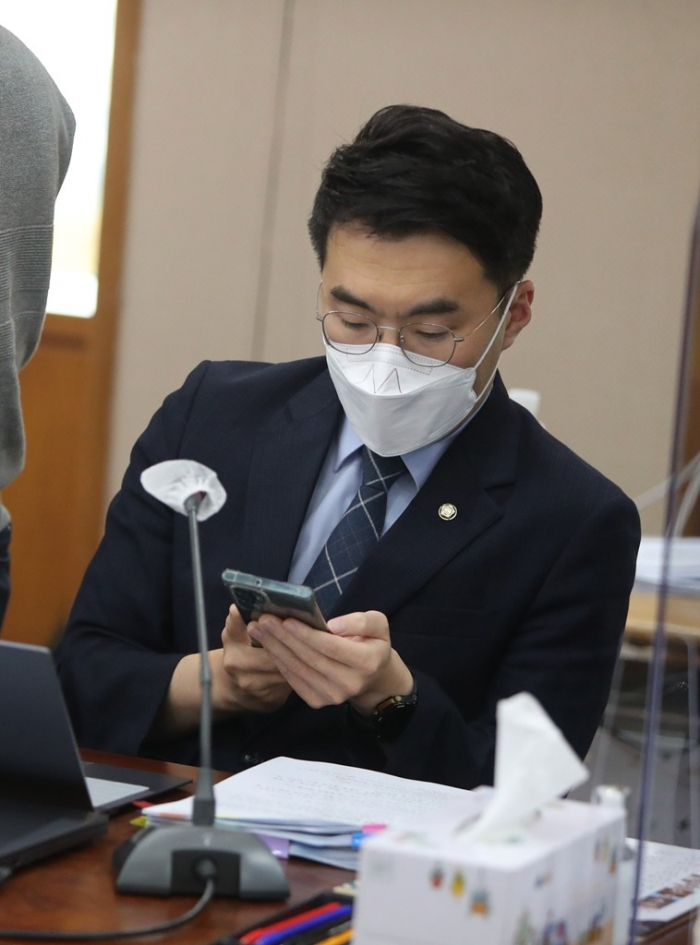Korean games
Political crypto scandal hits Korean P2E game deregulation hopes
An opposition lawmaker is embroiled in controversy over possession of cryptocurrencies issued by local game developers
By May 15, 2023 (Gmt+09:00)
3
Min read
Most Read
LG Chem to sell water filter business to Glenwood PE for $692 million


KT&G eyes overseas M&A after rejecting activist fund's offer


Kyobo Life poised to buy Japan’s SBI Group-owned savings bank


StockX in merger talks with Naver’s online reseller Kream


Meritz backs half of ex-manager’s $210 mn hedge fund



A South Korean lawmaker’s scandal over ownership of cryptocurrencies, including those issued by domestic game developers, is expected to jeopardize the industry’s efforts for deregulation of the play-to-earn (P2E) genre as prosecutors are set to investigate the matter.
Kim Nam-kuk, a congressman who had been with the main opposition Democratic Party, is embroiled in a controversy over his possession of undeclared virtual assets.
Kim has been under fire following revelations that in 2021 he owned about 6 billion won ($4.5 million) in around 800,000 WEMIX, a South Korean cryptocurrency issued by local game developer WeMade Co., a significant amount inconsistent with his frugal image. The digital currency was delisted by domestic crypto exchanges late last year. He also reportedly invested in other cryptocurrencies linked to P2E games such as Marblex of Netmarble Corp. and Bora of Kakao Games Corp.
The prosecutors’ office in Seoul has decided to seek a search warrant again to look into the details of Kim’s cryptocurrency purchases and ownership, according to legal and game industry sources on Monday.
That could hurt the local game sector’s effort to find a future growth engine from P2E games with hopes for the deregulation of the genre, industry sources said. The global P2E game market was estimated at $777 million as of 2021, according to market research firm Absolute Reports.
“The industry has been shifting the paradigm of P2E games to quality improvement from quantity expansion,” said one of the sources. “But the scandal inevitably dampened the industry, which was trying to expand the blockchain ecosystem with the P2E genre.”
P2E games enable players to make money while they are playing games. Players are allowed to change coins obtained in the games to cryptocurrencies or non-fungible tokens (NFTs), which can be exchanged into cash.
South Korea heavily regulates the genre for its speculative nature, forcing local game developers to launch such titles including WeMade’s global-hit Mir4 abroad.
CRYPTOCURRENCIES AND GAME ITEMS
The faster players secure assets in P2E games, the better items they obtain. They change the assets mined in the games to cryptocurrencies, exchange them for cash and buy better items with the money.
Such a business model helped P2E game developers increase their sales.
But P2E games were often used to boost cryptocurrencies as releases of such titles ramped up the value of the digital assets issued by game developers.
This gave investors with knowledge of such events in advance a chance to hit the jackpot by purchasing the related cryptocurrencies.
TO HURT BLOCKCHAIN ECOSYSTEM EFFORTS
The scandal highlighted the speculative image of P2E games, threatening the industry’s effort to build up a blockchain ecosystem, industry sources said.

Some developers have already been expanding their P2E game businesses. WeMade increased titles to 80 in the WEMIX ecosystem in the first quarter, while Netmarble launched the P2E game Meta World: My City abroad last month.
Nexon Co., a South Korean-Japanese game publisher listed on the Tokyo Stock Exchange, is developing its first blockchain game MapleStoryN, which focuses on decentralization, while allowing players to exchange assets in the game for NFTs.
Despite such progress, some experts said P2E games must be completely prohibited.
“P2E games were only used as a means of raising the value of cryptocurrencies issued by game developers,” said Korea Game Society President Wie Jung Hyun. “Most players tried to cash in the game coins.”
Write to Ju-Hyun Lee at deep@hankyung.com
Jongwoo Cheon edited this article.
More to Read
-
 CryptocurrenciesKorea cryptocurrency WEMIX to be delisted on court ruling
CryptocurrenciesKorea cryptocurrency WEMIX to be delisted on court rulingDec 08, 2022 (Gmt+09:00)
2 Min read -
 Korean gamesKorea, game developers in tug of war over P2E genre
Korean gamesKorea, game developers in tug of war over P2E genreJul 08, 2022 (Gmt+09:00)
2 Min read -

Comment 0
LOG IN


